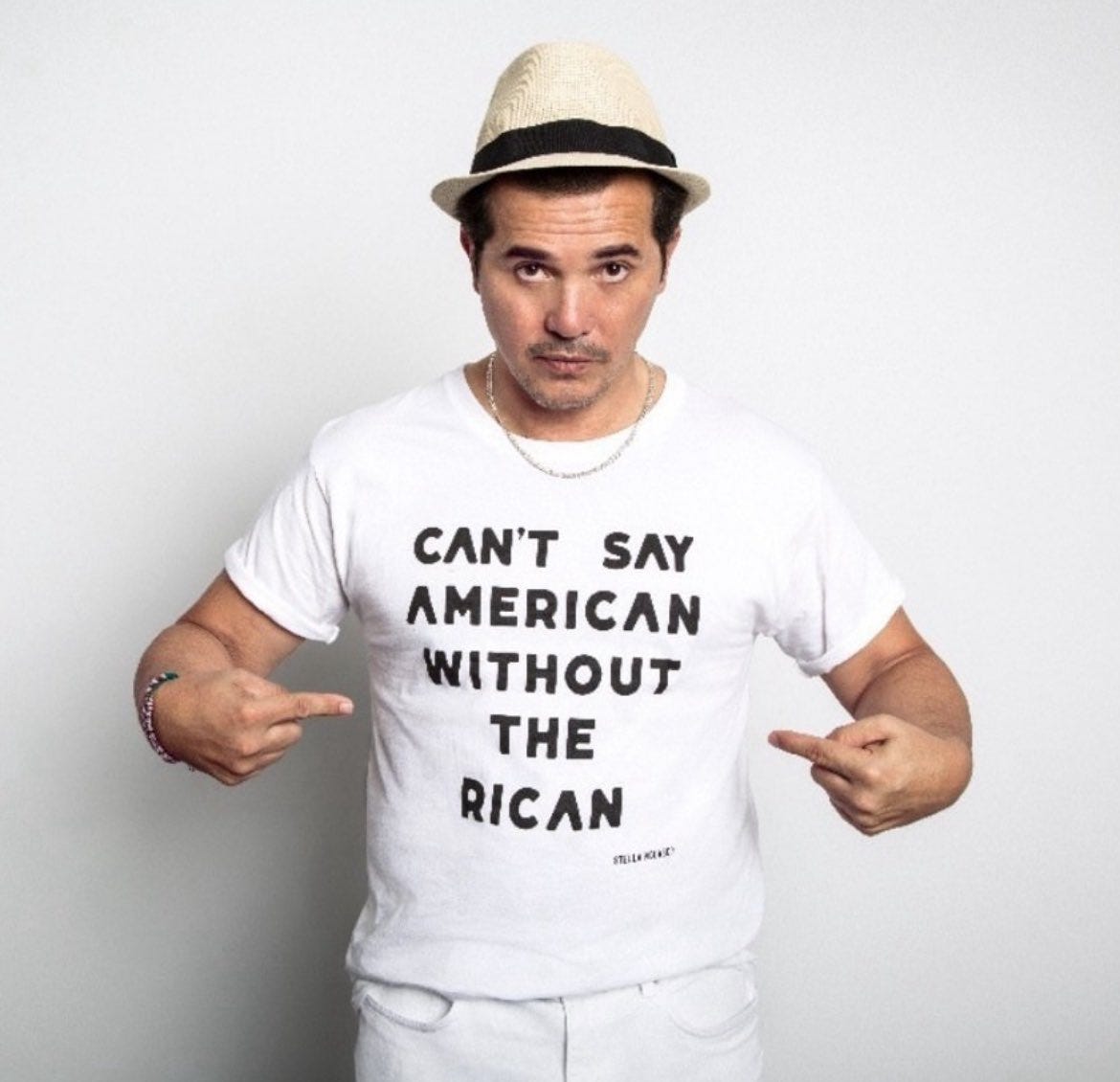Word of the Day: Diasporican
The Puerto Rican diaspora isn't on the Wikipedia 'diaspora' page.
Diasporican
di-as-po-REE-can
n.
The 5.5 million Puerto Ricans living Stateside.
*
Sacramento is promoted as one of the most diverse cities in the nation, but it's incredibly segregated. I did not grow up in the Lady Bird version of Sacramento.
I did not grow up on the wide tree-lined avenues of Midtown or the Forties, as the neighborhood of grand homes east of downtown are called. I grew up in the unincorporated county of South Sacramento, a place that often feels forsaken. It was a neighborhood where you could tell what time of year it was by the activities being performed: cluster mailbox break-ins meant it was income-tax-fraud spring. drive by shootings were for summer, aggravated battery came with autumn, and robbing season ruled winter. It was a working-class part of town consisting of a diverse immigrant population and a dining scene that reflected it. The smell of charred chiles and cooking tortillas and the sound of a wooden pestle pounding against a kruk would escort you on your evening walks home.
All smells and ingredients that would inevitably end up in my Californian-Puerto Rican, or Cali-Rican, cooking style.
And that's why this is not a Puerto Rican cookbook. This book is for the Diasporicans — the 5.5 million people living Stateside who continue to cook the food of our homeland. This is for the tribe of Ni De Aqui, Ni De Allá (*not from here, not from there").
| Illyanna Maisonet, Diasporican: A Puerto Rican Cookbook
For the first time in decades, something better feels within reach. Mr. Dalmau calls this vision La Patria Nueva, or the New Homeland.
The term resonates not only with pro-independence supporters but also with cultural nationalists, those disenchanted with the commonwealth and pro-statehood voters fed up with corruption. It also resonates with the many Diasporicans who have been forced to make their living abroad but whose hearts remain firmly rooted in the island. La Patria Nueva isn’t just a political slogan; it’s a bold reimagining of what it means to call Puerto Rico home.
| Yarimar Bonilla, In Puerto Rico, a New Generation Votes for Change


